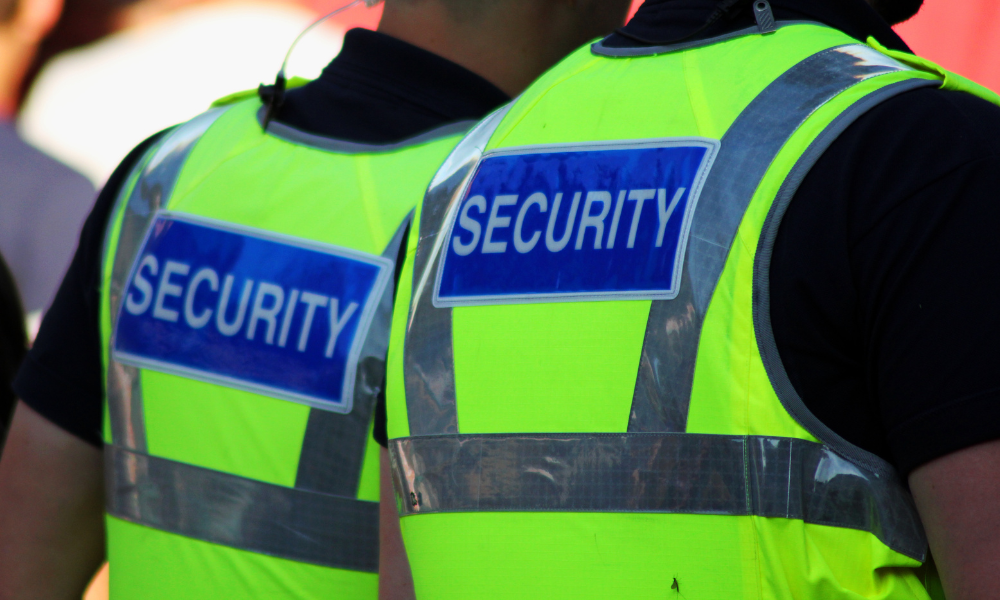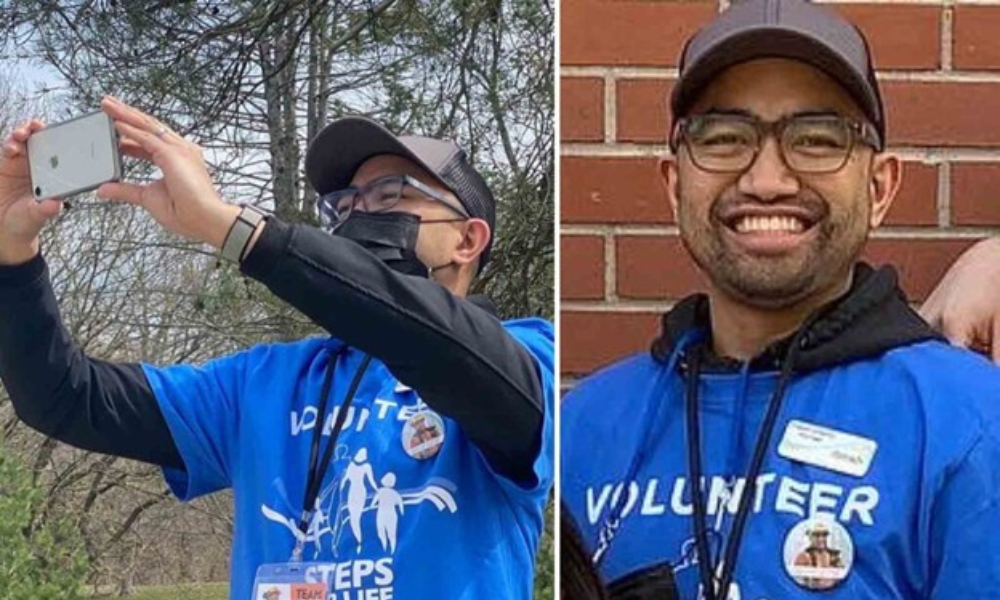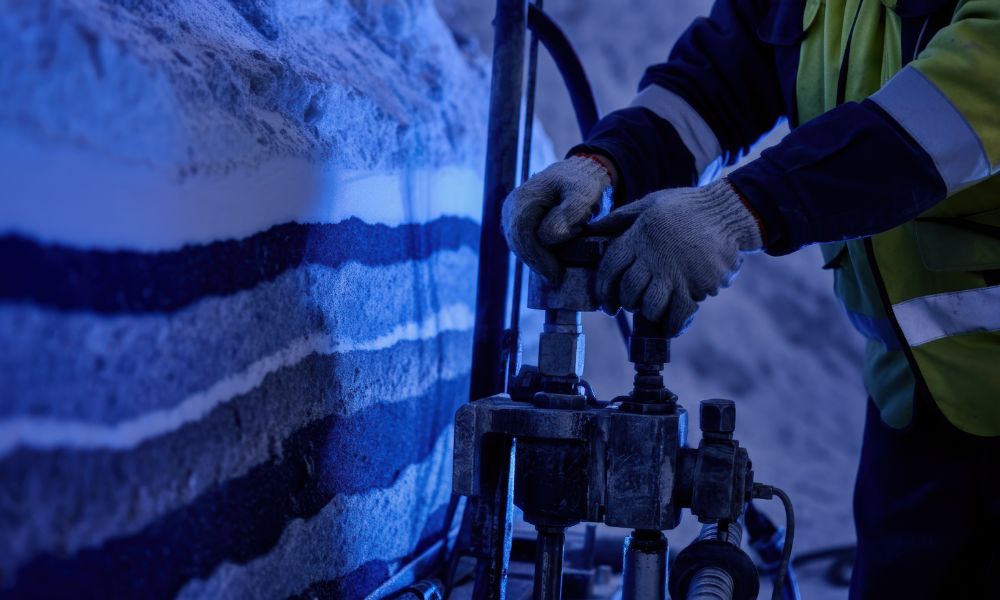FREETOWN/KINSHASA (Reuters) — Three Canadians working as part of a laboratory team in Sierra Leone have been pulled from the country over Ebola concerns.
Public Health Agency of Canada (PHAC) spokesman Sean Upton said late on Aug. 26 the three-person mobile laboratory team was recalled because three people in their hotel complex were diagnosed with Ebola, although Upton said none of the Canadians had direct contact with any of the sick people and were not showing any symptoms of Ebola.
In a statement, the PHAC said the three Canadians will remain in voluntary isolation and will be monitored closely on their journey home.
“The Ebola virus does not spread easily. An individual who is not displaying symptoms is not contagious. The risk to Canadians remains very low,” the statement said.
The PHAC said it plans to send another team to Sierra Leone “once appropriate steps have been taken to ensure a safe living environment.”
The news came the same day the World Health Organization (WHO) said it had shut a laboratory in Sierra Leone after a health worker there was infected with Ebola, a move that may hamper efforts to boost the global response to the worst-ever outbreak of the disease.
At least 1,427 people have died and 2,615 have been infected since the disease was detected deep in the forests of southeastern Guinea in March.
The WHO has deployed nearly 400 of its own staff and partner organisations to fight the epidemic of the highly contagious hemorrhagic fever, which has struck Sierra Leone, Liberia, Guinea and Nigeria. A separate outbreak was confirmed in Democratic Republic of Congo on Sunday.
Nigeria's health minister said on Aug. 26 his country had "thus far contained" the Ebola outbreak.
One of the deadliest diseases known to man, Ebola is transmitted by contact with body fluids. The current outbreak has killed at least 120 health-care workers.
The WHO said it had withdrawn staff from the laboratory testing for Ebola at Kailahun - one of only two in Sierra Leone - after a Senegalese epidemiologist was infected with Ebola.
"It's a temporary measure to take care of the welfare of our remaining workers," WHO spokeswoman Christy Feig said, without specifying how long the measure would last.
"After our assessment, they will return."
Feig said she could not assess what impact the withdrawal of WHO staff would have on the fight against Ebola in the Kailahun, the area hardest hit by the disease. The WHO said in a later statement that staff would return after an investigation was completed, adding that testing would continue in the meantime at the Kenema laboratory.
The Senegalese medic - the first worker deployed by WHO to be infected - will be evacuated from Sierra Leone in the coming days, Feig said. He is currently being treated at a government hospital in the eastern town of Kenema.
Up to 90 per cent of Ebola victims die, although the fatality rate in the current outbreak is lower at close to 60 per cent.
The only treatments are extremely rare, experimental and have so far had mixed results. Of the six health workers known to have been treated with unlicensed drug ZMapp, two have died.
Public Health Agency of Canada (PHAC) spokesman Sean Upton said late on Aug. 26 the three-person mobile laboratory team was recalled because three people in their hotel complex were diagnosed with Ebola, although Upton said none of the Canadians had direct contact with any of the sick people and were not showing any symptoms of Ebola.
In a statement, the PHAC said the three Canadians will remain in voluntary isolation and will be monitored closely on their journey home.
“The Ebola virus does not spread easily. An individual who is not displaying symptoms is not contagious. The risk to Canadians remains very low,” the statement said.
The PHAC said it plans to send another team to Sierra Leone “once appropriate steps have been taken to ensure a safe living environment.”
The news came the same day the World Health Organization (WHO) said it had shut a laboratory in Sierra Leone after a health worker there was infected with Ebola, a move that may hamper efforts to boost the global response to the worst-ever outbreak of the disease.
At least 1,427 people have died and 2,615 have been infected since the disease was detected deep in the forests of southeastern Guinea in March.
The WHO has deployed nearly 400 of its own staff and partner organisations to fight the epidemic of the highly contagious hemorrhagic fever, which has struck Sierra Leone, Liberia, Guinea and Nigeria. A separate outbreak was confirmed in Democratic Republic of Congo on Sunday.
Nigeria's health minister said on Aug. 26 his country had "thus far contained" the Ebola outbreak.
One of the deadliest diseases known to man, Ebola is transmitted by contact with body fluids. The current outbreak has killed at least 120 health-care workers.
The WHO said it had withdrawn staff from the laboratory testing for Ebola at Kailahun - one of only two in Sierra Leone - after a Senegalese epidemiologist was infected with Ebola.
"It's a temporary measure to take care of the welfare of our remaining workers," WHO spokeswoman Christy Feig said, without specifying how long the measure would last.
"After our assessment, they will return."
Feig said she could not assess what impact the withdrawal of WHO staff would have on the fight against Ebola in the Kailahun, the area hardest hit by the disease. The WHO said in a later statement that staff would return after an investigation was completed, adding that testing would continue in the meantime at the Kenema laboratory.
The Senegalese medic - the first worker deployed by WHO to be infected - will be evacuated from Sierra Leone in the coming days, Feig said. He is currently being treated at a government hospital in the eastern town of Kenema.
Up to 90 per cent of Ebola victims die, although the fatality rate in the current outbreak is lower at close to 60 per cent.
The only treatments are extremely rare, experimental and have so far had mixed results. Of the six health workers known to have been treated with unlicensed drug ZMapp, two have died.





